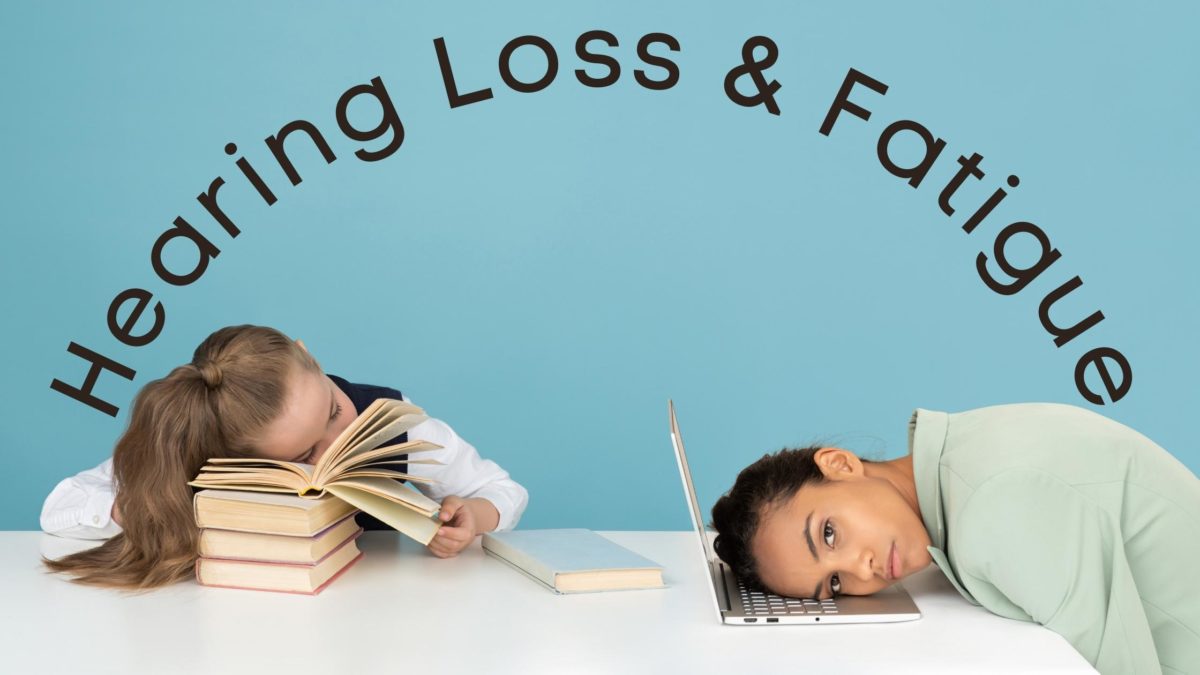Whether it’s avoiding crowds at the grocery store or getting through a long zoom call, exhaustion hits everyone at some point. However, if you have hearing loss, you might find that you become fatigued more often than usual. If that’s the case, you’re not alone: fatigue is a common side effect of untreated hearing loss, but it can also affect those who have leaped to treat their hearing loss with hearing aids.
Untreated hearing loss can lead to fatigue.
According to a recent study, people with hearing loss are more likely to experience low energy and exhaustion, with fatigue being twice as prevalent among those battling hearing loss. Surprisingly, this increased fatigue appeared to affect people regardless of the nature of their hearing loss.
This exhaustion has far-reaching consequences: according to the Better Hearing Institute, untreated hearing loss costs the European economy 92 billion euros per year, mainly due to reduced work efficiency.
How can hearing loss make you tired?
Living with hearing loss is exhausting. Consider this: whether you’re constantly straining to understand a conversation, a phone call, or a subway announcement, your brain is working overtime compared to people who don’t have hearing loss.
According to Dr. Ervin Hafter of the University of California at Berkeley, the extra processing needed to follow conversations can cause brain overload, affecting overall cognitive efficiency. Multitasking becomes difficult, and job efficiency suffers as a result.
Simply put, hearing loss can make everyday life more difficult, and continuously addressing such difficulties can be stressful.
Fatigue and its effects on your life
Another concern with untreated hearing loss is that fatigue makes people less likely to participate in social events or exercise. This may result in social isolation and, in some cases, depression. There is a well-established correlation between social isolation, depression, and hearing loss. Despite this, research has shown that people who work but have hearing loss are often too exhausted to participate in leisure activities.
Hearing aids can combat hearing loss exhaustion.
The good news is that you can avoid hearing loss exhaustion by using several techniques.
It may seem self-evident, but managing your hearing loss would almost definitely make you feel less exhausted at the end of the day. You don’t have to work as hard to understand the world around you if you use hearing aids to amplify sound signals in your ear. When you expend less energy after a conversation, your brain is free to concentrate on other things.
However, there is one caveat to this advice. It’s natural to feel a little overwhelmed while getting hearing aids for the first time. It can be a brain affront to be able to hear a vast array of new sounds! It takes some time to get back into the habit of listening.
Other ways to manage fatigue
Meditation can be a perfect way to unwind after a long day, regardless of your perspective on breathing exercises. Many people assume that the recent rise in yoga enthusiasts is due to people finding a way to relax from increasingly high-octane lifestyles. Several apps now offer short, guided meditations for free or with monthly subscriptions that you can easily integrate into your daily routine.
If meditation isn’t your thing, exercise can be a fantastic way to relieve tension or unwind from the day’s stresses. Swimming, in particular, is a low-impact sport that needs you to let go.
The key message is to try to find a calming approach that works for you and then integrate it into your everyday routine.
Seeking Treatment for Hearing Loss
If you’ve been feeling especially exhausted recently, you may be interested to learn if hearing aids are right for you. If you are already wearing hearing aids, you may want to schedule a hearing test to ensure that your hearing aids are still working for your needs. Please contact our team as soon as possible, and we will work with you to help banish that exhaustion from your life!

